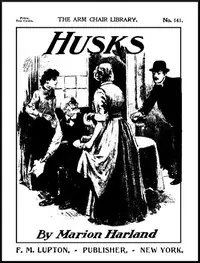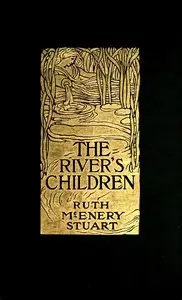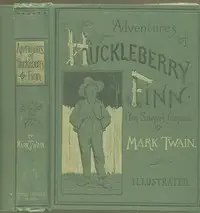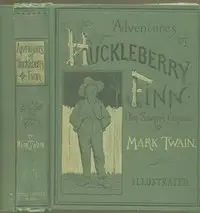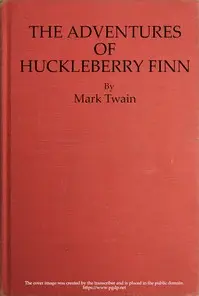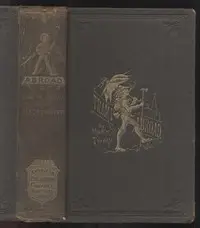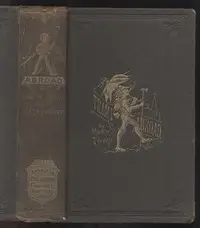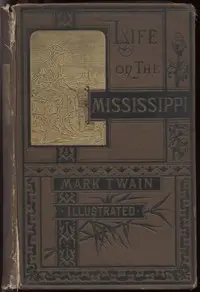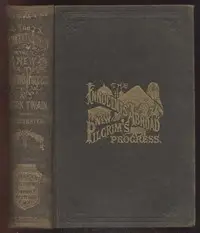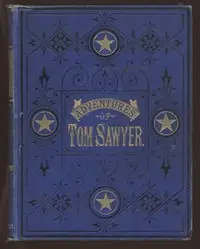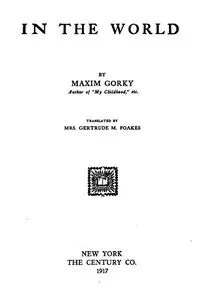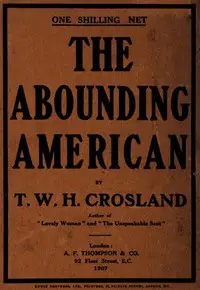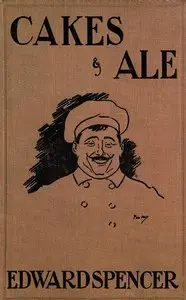"The Tragedy of Pudd'nhead Wilson" by Mark Twain is a thought-provoking story set in the 1800s within the locale of Dawson's Landing, a small town on the Mississippi River. This novel explores ideas about who we are, how race affects us, and what's fair in society by tracking the lives of people like David Wilson, a lawyer called "Pudd'nhead," and Roxy, a mom who is enslaved and wants to keep her kid safe from the difficult parts of their world. The story starts by showing us Dawson's Landing and its people and talking about when David Wilson came to town. He got the name "Pudd'nhead" because of something he said that wasn't understood. The author uses humor to point out society's wrong ideas and biases that the town's people have. Also, we learn about Roxy, who is mixed race, enslaved and the mother of twin sons, one of whom is biologically white. Roxy's intelligence leads to a big problem about mistaken identity and problems that come after, discussing racial identity and being treated with respect in a world that has many issues.
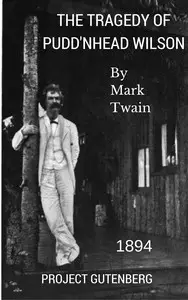
The Tragedy of Pudd'nhead Wilson
By Mark Twain
In a Mississippi River town, a mother's desperate act to protect her son sparks a tragic mix-up of identities that reveals the deep-seated prejudices of a community.
Summary
About the AuthorSamuel Langhorne Clemens, known by the pen name Mark Twain, was an American writer, humorist, and essayist. He was praised as the "greatest humorist the United States has produced," with William Faulkner calling him "the father of American literature." Twain's novels include The Adventures of Tom Sawyer (1876) and its sequel, Adventures of Huckleberry Finn (1884), with the latter often called the "Great American Novel." He also wrote A Connecticut Yankee in King Arthur's Court (1889) and Pudd'nhead Wilson (1894) and cowrote The Gilded Age: A Tale of Today (1873) with Charles Dudley Warner.
Samuel Langhorne Clemens, known by the pen name Mark Twain, was an American writer, humorist, and essayist. He was praised as the "greatest humorist the United States has produced," with William Faulkner calling him "the father of American literature." Twain's novels include The Adventures of Tom Sawyer (1876) and its sequel, Adventures of Huckleberry Finn (1884), with the latter often called the "Great American Novel." He also wrote A Connecticut Yankee in King Arthur's Court (1889) and Pudd'nhead Wilson (1894) and cowrote The Gilded Age: A Tale of Today (1873) with Charles Dudley Warner.


